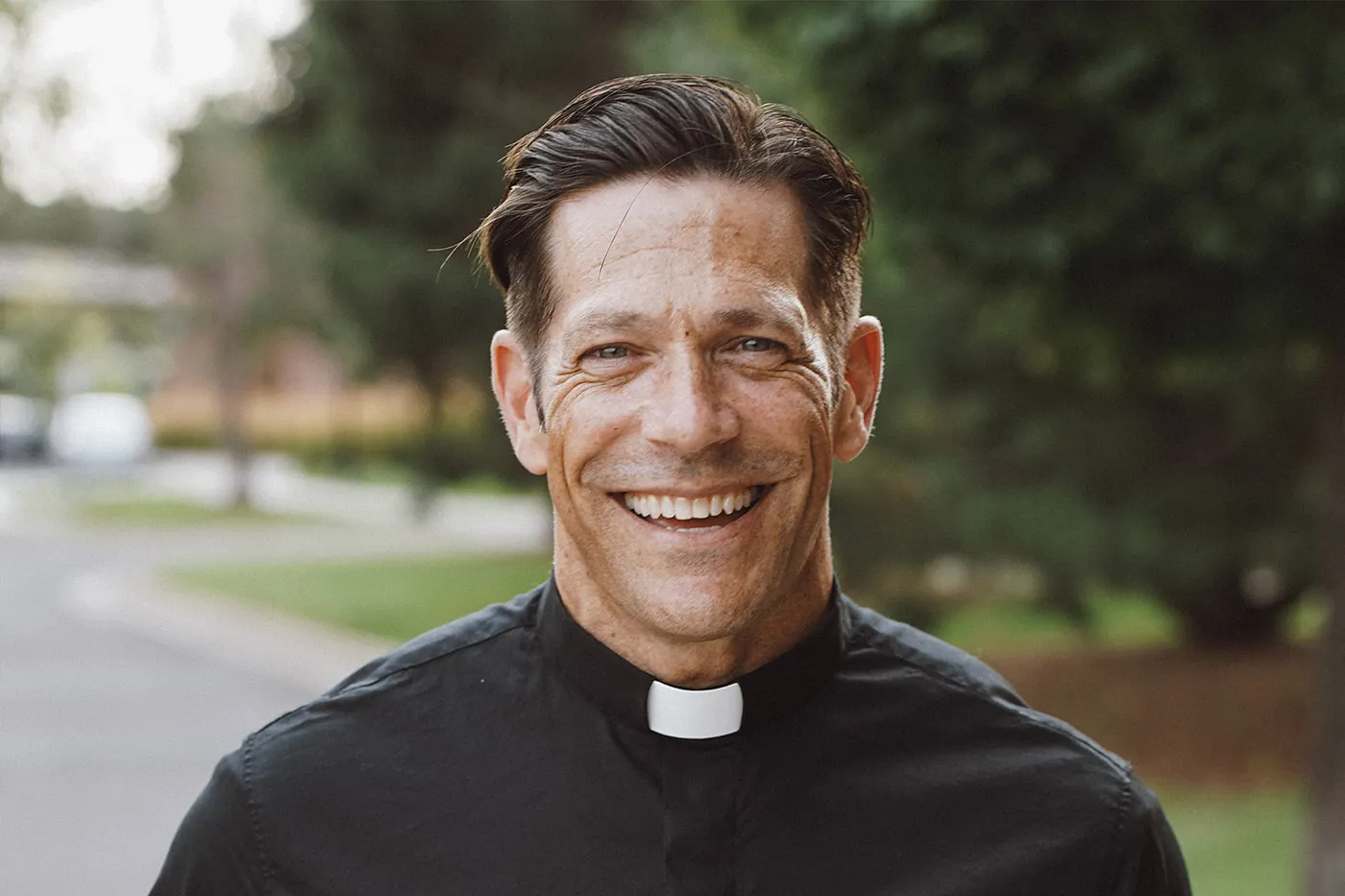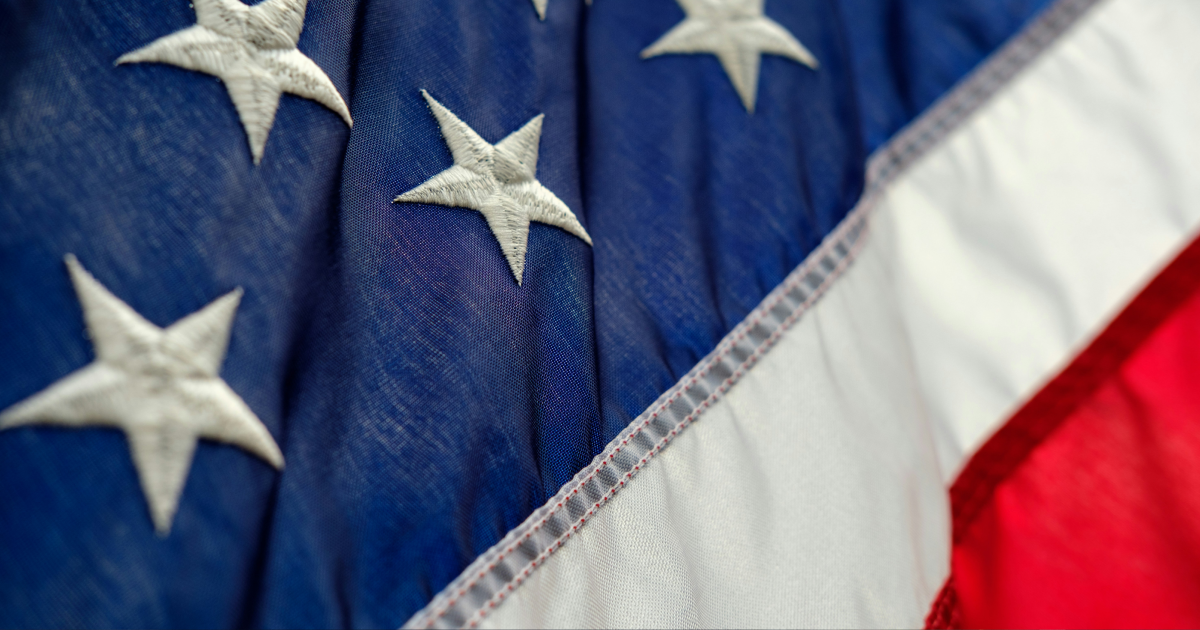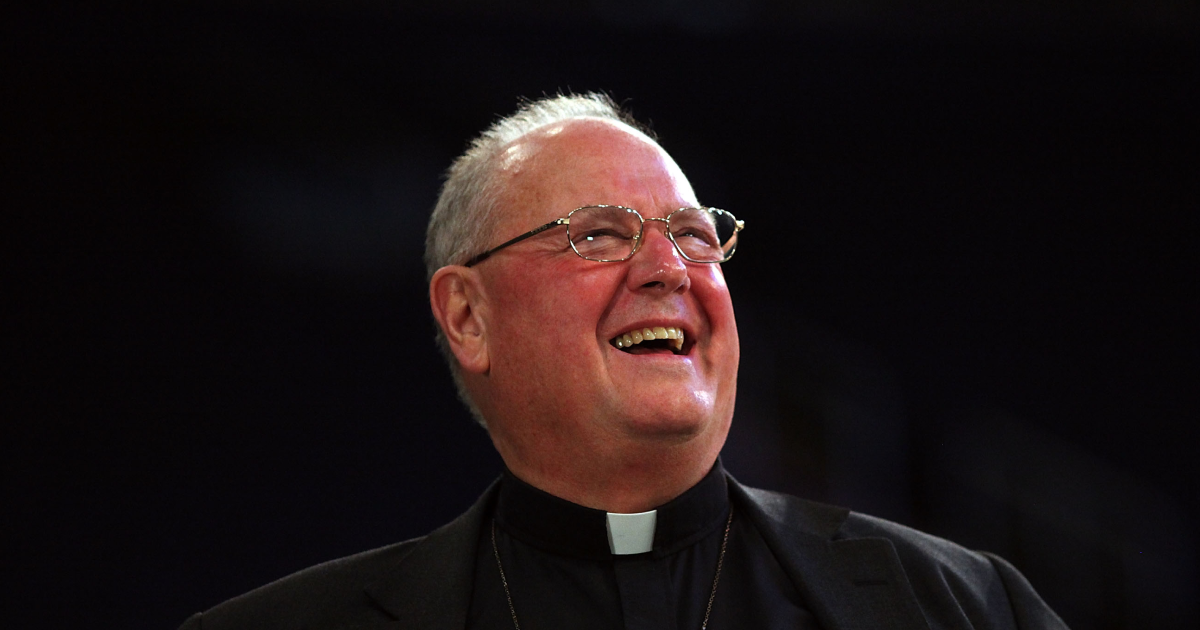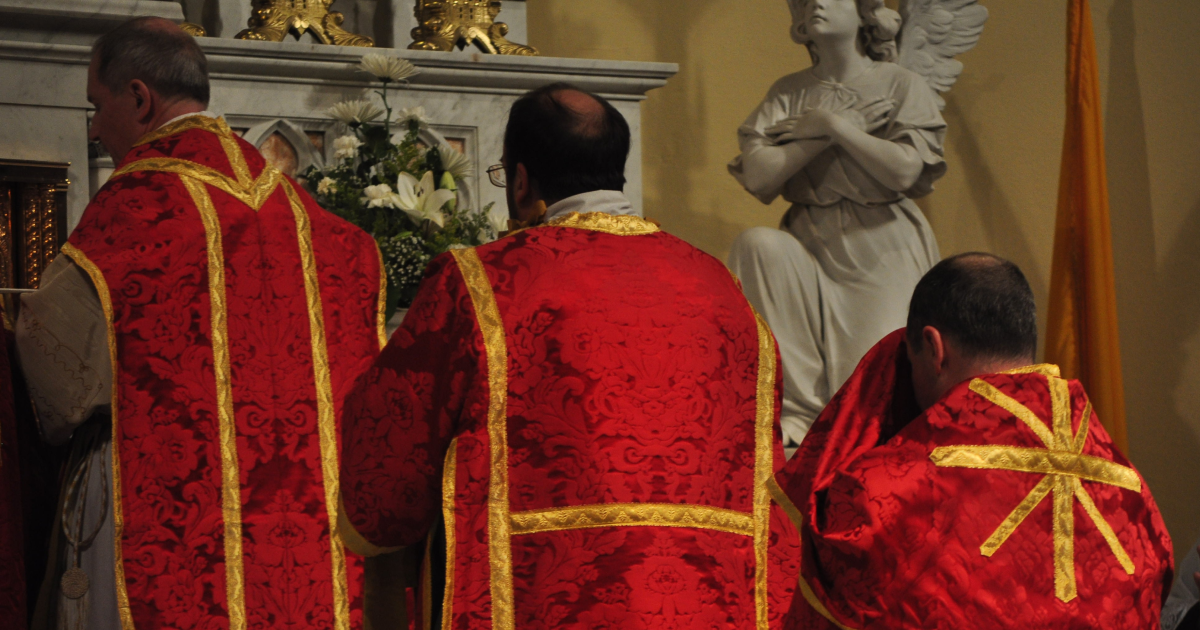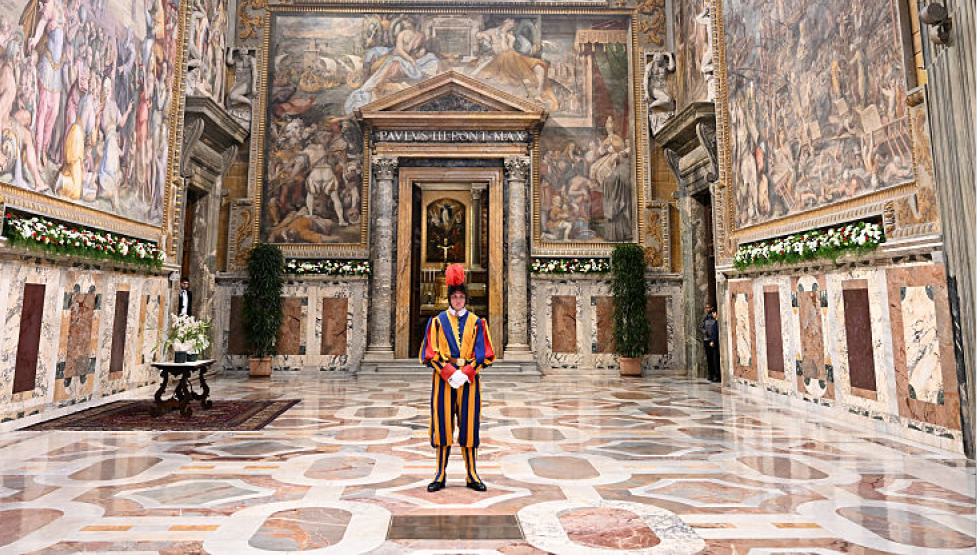Archbishop Alexander Sample has been elected chairman of the US bishops’ Committee for Religious Liberty after an unusual tie in the conference vote.
The plenary meeting of the United States Conference of Catholic Bishops delivered an unexpected moment when the routine election of a committee chair ended in an extraordinary stalemate.
The vote for the leadership of the bishops’ religious liberty committee produced a deadlock, with Archbishop Alexander Sample of Portland and Bishop Michael Sis of San Angelo each receiving 111 votes. What followed was a rare display of procedural uncertainty and personal restraint before the assembly.
Conference officials initially indicated that a second ballot would be required, but Archbishop Salvatore Cordileone intervened, recalling that in 2018 he and Bishop John Doerfler had also tied, and that the impasse had been resolved when he assumed the position “due to seniority.”
Archbishop Cordileone’s reminder prompted objections over what kind of seniority should apply. Archbishop John Wester asked whether precedence was determined by age or by date of episcopal ordination, noting that Bishop Sis is the elder of the two candidates, while Archbishop Sample has been a bishop for longer.
The outgoing conference president, Archbishop Timothy Broglio, ruled that age was the deciding factor.
This answer, however, only deepened the sense of unease. In 2018, then-president Cardinal Daniel DiNardo and the conference’s general secretary had stated that Cordileone prevailed by “seniority by episcopal ordination,” a phrasing at odds with this week’s ruling.
Even so, the committee chairmanship was formally awarded to Bishop Sis. Several minutes later, as bishops prepared to move on to other business, he unexpectedly rose to his feet and told the hall that he wished to withdraw his name “because of the tie.” The gesture left Archbishop Sample as the new head of the committee.
The outgoing chairman of the committee, Bishop Kevin Rhoades, was elected this week as conference secretary, and the chairmanship passed immediately to Archbishop Sample.
The Religious Liberty Committee is one of the USCCB’s most scrutinised bodies, charged with overseeing the Church’s national response to legislative and judicial threats to conscience rights.
It has played a central role in monitoring federal mandates affecting Catholic hospitals, schools, and charities, while coordinating public statements on the moral limits of state power.
Archbishop Sample is widely regarded as one of the strongest traditionalist voices in the American hierarchy. A bishop since 2006 and Archbishop of Portland since 2013, he has been particularly recognised for his public support of the Tridentine Rite, frequently celebrating the Traditional Latin Mass with the Fraternity of Saint Peter and offering a Solemn Pontifical Mass for the Summorum Pontificum Pilgrimage in 2016. Alongside this, he has maintained a firm stance on doctrinal and moral questions, earning a reputation for directness and fidelity that will now shape the bishops’ approach to religious liberty challenges.








